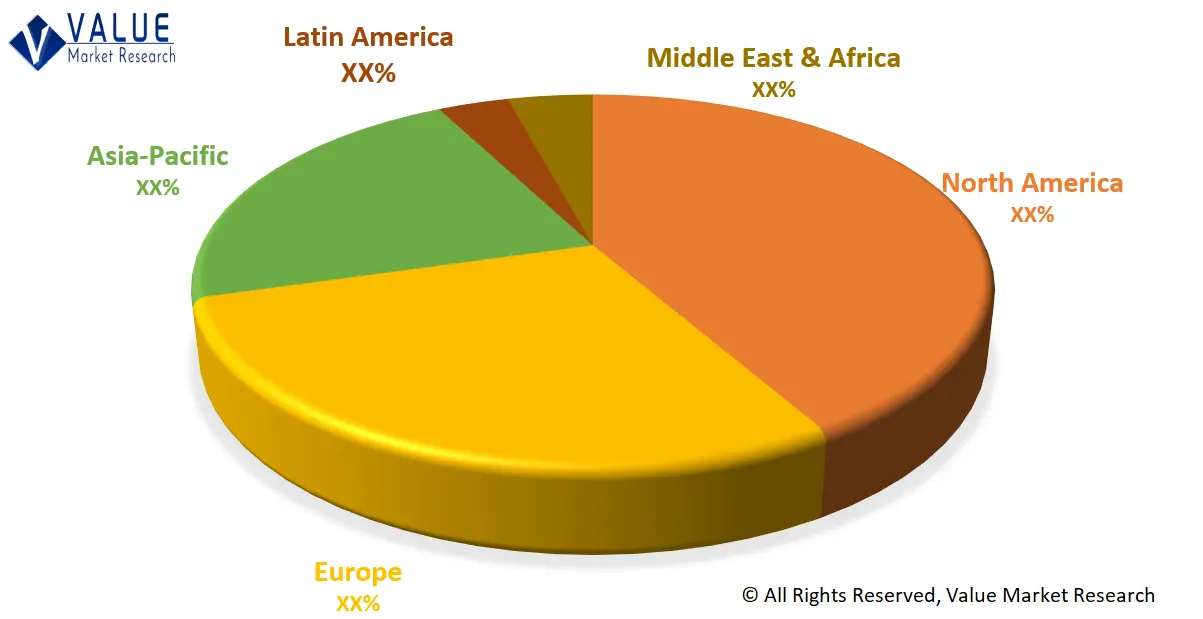The global demand for Dog DNA Test Market is presumed to reach the market size of nearly USD 782.36 MN by 2030 from USD 237 MN in 2022 with a CAGR of 16.1% under the study period 2023 - 2030.
A dog DNA test is a genetic test designed to analyze a dog's DNA and provide information about its breed ancestry, genetic health traits, and potential predisposition to certain inherited diseases or conditions. These tests utilize a sample of the dog's saliva, typically collected using a cheek swab or saliva collection kit.
Market Dynamics
The Dog DNA test market is experiencing growth due to several pivotal factors related to the evolving landscape of pet ownership and care. Increasing pet ownership, driven by a desire for comprehensive knowledge about a dog's breed ancestry, health risks, and behaviors, fuels the demand for DNA testing. Owners seek insights into their dog's heritage and specific breed traits, particularly in mixed-breed dogs. Heightened awareness about pet health and preventive care prompts owners to opt for DNA tests providing information on genetic health risks, enabling early detection and proactive veterinary care. Moreover, responsible breeding practices rely on DNA tests to confirm pedigrees and avoid inherited diseases, influencing the market. Advancements in technology, enhancing the accuracy and accessibility of these tests, contribute to their increased adoption. The trend towards personalized pet care aligns with DNA tests, allowing tailored nutrition, training, and healthcare plans based on a dog's genetic predispositions.
The research report covers Porter’s Five Forces Model, Market Attractiveness Analysis, and Value Chain analysis. These tools help to get a clear picture of the industry’s structure and evaluate the competition attractiveness at a global level. Additionally, these tools also give an inclusive assessment of each segment in the global market of dog dna test. The growth and trends of dog dna test industry provide a holistic approach to this study.
Market Segmentation
This section of the dog dna test market report provides detailed data on the segments at country and regional level, thereby assisting the strategist in identifying the target demographics for the respective product or services with the upcoming opportunities.
By Sample Type
- Blood
- Saliva
- Semen
- Others
By Test Type
- Breed Profile
- Genetic Diseases
- Health & Wellness
By End User
- Pet Owners
- Breeders
- Veterinarians
Regional Analysis
This section covers the regional outlook, which accentuates current and future demand for the Dog DNA Test market across North America, Europe, Asia-Pacific, Latin America, and Middle East & Africa. Further, the report focuses on demand, estimation, and forecast for individual application segments across all the prominent regions.
Global Dog DNA Test Market Share by Region (Representative Graph)

The research report also covers the comprehensive profiles of the key players in the market and an in-depth view of the competitive landscape worldwide. The major players in the Dog DNA Test market include Embark Veterinary Inc., Wisdom Panel (Mars Inc.), Dognomics (Clinomics), DNA MY DOG (Canadian Dog Group Ltd.), Orivet Genetic Pet Care Ltd., Neogen Corp., GenSolDiagnostics LLC, FidoCure (OHC), Basepaws Inc. (Zoetis) and PetDx among others.. This section consists of a holistic view of the competitive landscape that includes various strategic developments such as key mergers & acquisitions, future capacities, partnerships, financial overviews, collaborations, new product developments, new product launches, and other developments.
In case you have any custom requirements, do write to us. Our research team can offer a customized report as per your need.

